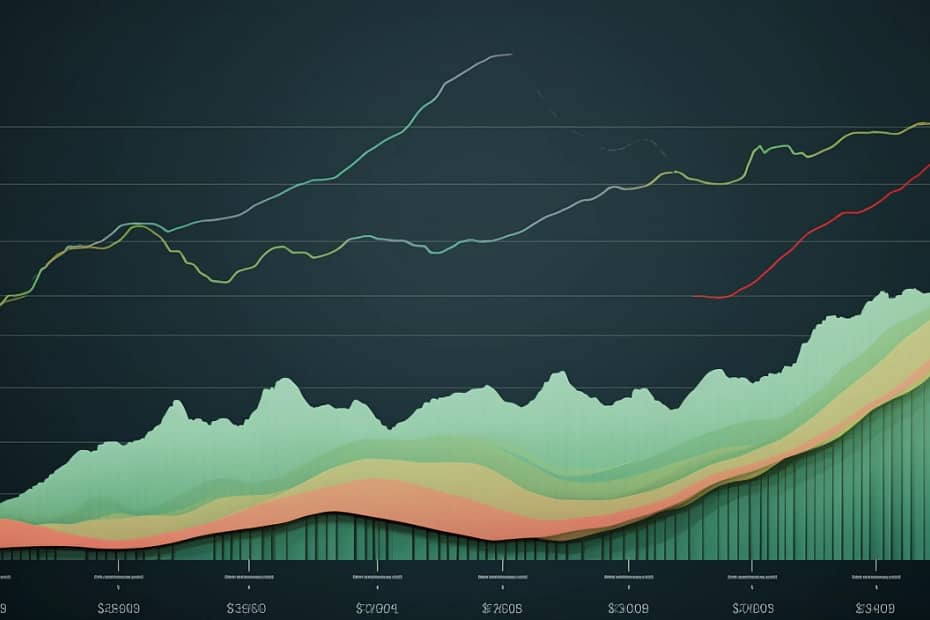An analysis of Salesforce salaries involves considering various factors such as job roles, experience levels, geographical location, and the evolving Salesforce market. Salesforce, being a highly in-demand CRM platform, offers diverse career opportunities, each with its own salary range. Here’s a detailed breakdown:
- Job Roles and Salaries:
- Salesforce Administrators: They manage and configure the Salesforce platform. Entry-level administrators may earn around $60,000 to $80,000 annually, while experienced administrators can earn over $100,000.
- Salesforce Developers: These professionals specialize in customizing Salesforce using Apex, Visualforce, and Lightning components. Junior developers typically earn from $70,000 to $100,000, while senior developers can earn between $100,000 and $140,000 or more.
- Salesforce Architects: This is one of the highest-paid roles. Solution Architects can earn between $130,000 and $160,000, and Technical Architects can earn upwards of $160,000, potentially exceeding $200,000 with experience.
- Salesforce Consultants: They help businesses implement and optimize Salesforce solutions. Salaries range from $80,000 to $120,000 for mid-level consultants and can exceed $140,000 for senior consultants.
- Salesforce Project Managers: Responsible for overseeing Salesforce projects, their salaries range from $90,000 to $130,000 or more, depending on experience and complexity of projects.
- Experience Level:
- Entry-level positions generally command lower salaries. However, due to the demand for Salesforce skills, even entry-level roles offer competitive compensation.
- Mid-level professionals with 3-5 years of experience can expect significant salary increases.
- Senior-level professionals, especially those with specialized skills or certifications, command the highest salaries.
- Geographical Location:
- Salaries vary significantly based on location due to cost of living and demand for Salesforce professionals.
- In the United States, cities like San Francisco, New York, and Boston tend to offer higher salaries compared to other regions.
- Globally, countries like the U.S., Australia, and certain European countries offer higher Salesforce salaries than others.
- Certifications and Specializations:
- Salesforce certifications can lead to higher salaries. Certified professionals are often preferred and can negotiate better compensation.
- Specialized roles, such as Salesforce CPQ (Configure, Price, Quote) specialists or Marketing Cloud experts, tend to command higher salaries due to their niche expertise.
- Company Size and Industry:
- Larger companies or those in certain industries like finance or tech typically offer higher salaries.
- Startups might offer lower base salaries but compensate with equity or other benefits.
- Market Trends:
- As Salesforce continues to evolve and add new features, professionals skilled in the latest technologies like Salesforce Einstein or Salesforce Commerce Cloud are in high demand, potentially commanding higher salaries.
- The shift to digital and cloud-based solutions has increased the demand for Salesforce professionals, positively impacting salaries.
- Contract vs. Permanent Roles:
- Contract roles often offer higher hourly rates but may lack stability and benefits.
- Permanent roles offer stability and benefits like health insurance, but the base salary might be lower compared to contract roles.
In summary, Salesforce salaries are influenced by a combination of role, experience, location, certification, industry, and market trends. As the Salesforce ecosystem continues to grow, the demand for skilled professionals is likely to keep pushing these salaries upwards.
Salesforce custom development versus Salesforce AppExchange
